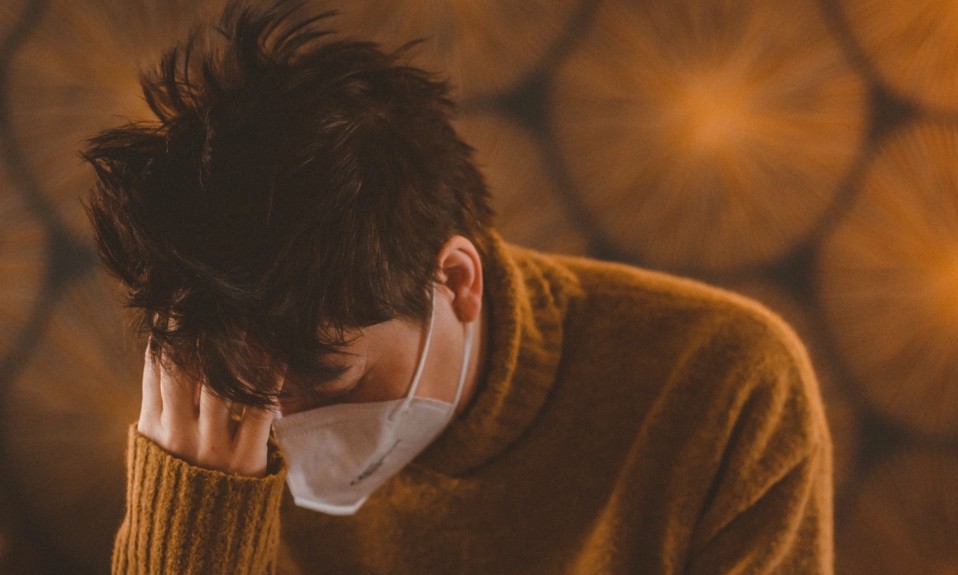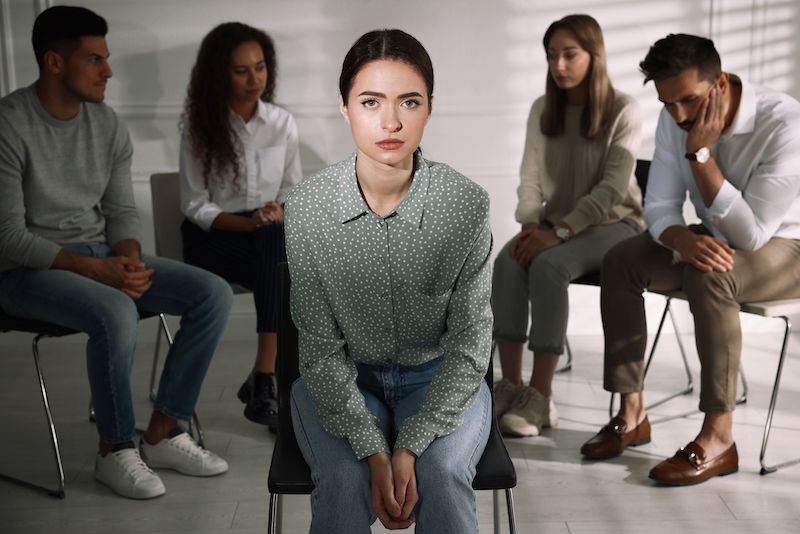The pandemic has taken a mighty toll on those with SUD and mental health issues, but the treatment community stands ready to meet the challenge
By James Ryan, LCPC
While updates on the number of infections and deaths brought about by the COVID-19 pandemic have become routine, the general public is much less likely to hear about a related public health crisis. According to the Centers for Disease Control and Prevention (CDC), overdose deaths have been accelerating at an alarming rate.
Recently, the CDC reported that more than 93,000 people died of a drug overdose in 2020, a record for a single year and a 29.4% increase over 2019.

As of late August of this year, COVID had infected 213 million people worldwide and has killed almost four and a half million. People in nearly every country have had to endure more than a year of social isolation, economic upheaval and uncertainty.
Not surprisingly, these trying times have had a very real and negative effect on the mental health of millions. By June of 2020—relatively early on in the pandemic—the CDC reported that mental health and/or substance use issues impacted 40% of U.S. adults.
A year later, as life after the vaccine showed early signs of pre-pandemic normalcy, those numbers improved somewhat, but the levels remain well above historic norms. According to a National Center for Health Statistics Household Pulse survey, at the beginning of August 2021, 27% of Americans age 18 or older reported suffering from symptoms of anxiety or depression, well more than double the 10.1% reported at the end of 2019.
The Causes of COVID-related Distress
The root causes of this spike in depression and anxiety—two major factors that can contribute to a substance use disorder (SUD)—are sadly familiar to all whose lives have been turned upside down by the pandemic.
Mental health difficulties are frequently a relapse trigger for those suffering from an SUD, and in a pandemic, anxiety and depression are a part of everyday life. The acute stress of managing the illness, coping with the loss of friends and family or adjusting to isolation and virtual living can significantly threaten sobriety.
Economic distress brought about by a job loss or reduction in work hours can cause severe anxiety during the best of times, and it’s only exacerbated when accompanied by uncertainty about when conditions might improve. Workers in “essential” positions who retained their jobs have had to deal with extraordinary stressors, including the catastrophic loss of human life caused by the pandemic, the daily fear of becoming infected, and enforcing masking mandates with patients and customers. Even those who were able to work at home have not been excluded from pandemic-related stressors, such as adjusting to new technology, working and living in the same environment, changes to childcare arrangements, and isolation.
COVID-induced quarantines and lockdowns thrust many families into situations where they were isolated, had their routines disrupted and had to spend long periods together in a way that many were not used to, often leading to interpersonal conflicts.”
Home life itself has become a major source of stress. COVID-induced quarantines and lockdowns thrust many families into situations where they were isolated, had their routines disrupted and had to spend long periods together in a way that many were not used to, often leading to interpersonal conflicts.
And while forced togetherness has been a major source of stress for one group, those who live alone have had to suffer the sudden onset of physical and mental isolation in a way that many hadn’t encountered before. Additionally, they have had to suffer the fear, uncertainty and anxiety of the pandemic without their usual support networks, often cut off from contact with friends, family members or co-workers.
Perhaps more than anything else, this increased sense of isolation and loneliness has had the greatest negative impact on mental health for a broad swath of the population. According to the CDC, not only can loneliness lead to physical symptoms such as difficulty sleeping, loss of appetite, fatigue and even headaches, but it can also worsen existing physical health issues, intensify existing mental health issues and increase the use of substances as people struggle to cope.
For those with SUD, the stress of the pandemic has been especially acute due to the added logistical difficulties now involved in seeking help. While some have found support online in the form of discussion boards, virtual meetings and telehealth counseling, many have found these solutions inadequate to meet their needs and, in some ways, even more isolating. For others who live in areas without reliable internet access, these virtual services haven’t been available. As isolation continues, relapse becomes more likely even for those in active recovery.
A Light on the Horizon
But there is hope:
While vaccination levels are still not where public health experts hoped they’d be by this point, they are rising steadily, leading to more in-person SUD treatment options. Progress on that front received a recent jolt with the official Food and Drug Administration (FDA) approval of the Pfizer COVID vaccine, which offers hope that many who’ve been vaccine-resistant will join the ranks of the jabbed. In the meantime, the increased use of virtual treatment options has brought more overall efficiency to the SUD treatment ecosystem, rounding out the modalities of care.
Treatment interrupts the cycle of isolation and shame, allowing the afflicted to discover that they are not alone. People need each other to survive, and now, more than ever, we need each other to recover.”
In many ways, in-person treatment can serve as an antidote to the stresses of COVID. Entering treatment as soon as possible provides a path to building a healthy connection with oneself and a recovery network while cultivating meaning and purpose in life. Treatment interrupts the cycle of isolation and shame, allowing the afflicted to discover that they are not alone. People need each other to survive, and now, more than ever, we need each other to recover.
If you or someone you know has been suffering from SUD, now is the time to get help.
James Ryan is vice president of clinical services at Ashley Addiction Treatment.
Top photo: Heike Trautmann














